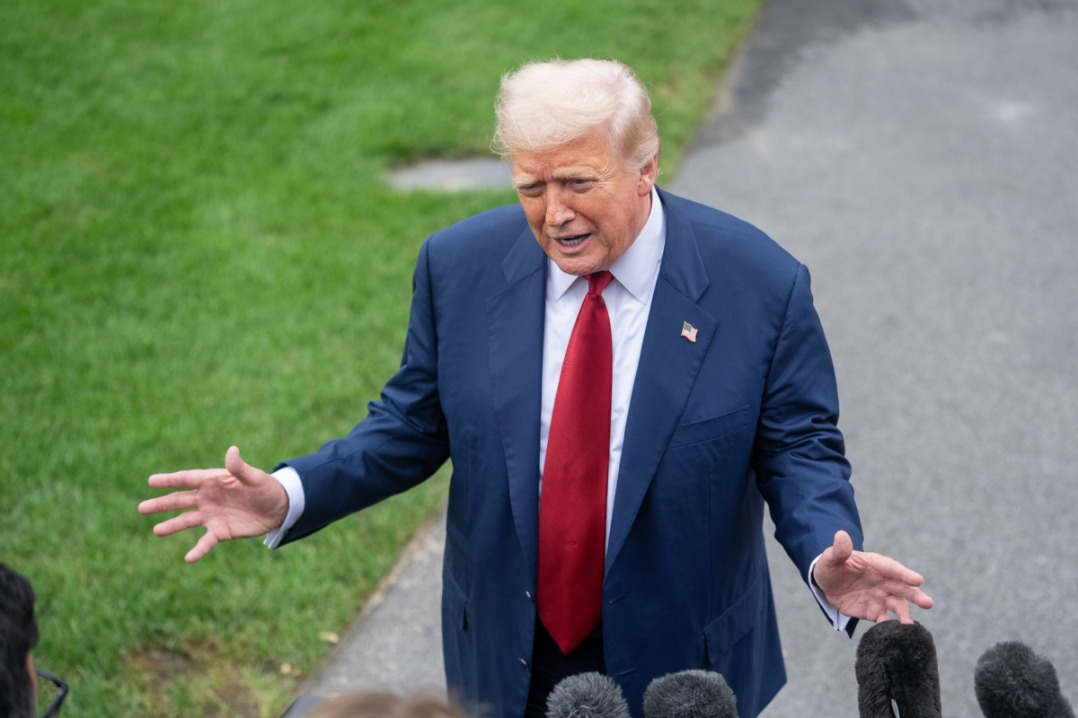Strike over but transition pains remain

NEW YORK — Hollywood's months of labor unrest are coming to an end, but its actors and writers may have to face a painful post-strike landscape.
The film and television industry could celebrate the conclusion on Wednesday of a bruising, protracted work stoppage that began in May when the Writers Guild hit the picket lines and gathered more force when Screen Actors Guild-American Federation of Television and Radio Artists members walked out in mid-July.
The strikes stood out for their length and cost, causing an estimated $6 billion in economic loss and leaving hundreds of thousands out of work. As Hollywood on Thursday began rushing back to production and stars again hit red carpets, many were still nursing wounds from a bitter feud with the studios, even after a deal that won actors a hefty boost to minimum pay and protections over the use of artificial intelligence.
SAG-AFTRA's board was to vote on approving the contract on Friday afternoon local time.
But as actors swap their picket signs for audition sides and calls sheets, they will be returning to an industry still in the midst of painful transformation and streaming upheaval.
The strikes were prompted largely by the streaming wars, a digital land-rush to populate platforms like Disney+ and HBO Max (now just "Max") with enough content to rival Netflix. That helter-skelter transition hit the economics of entertainment. One of the most contentious issues of SAG-AFTRA's negotiations with the studios was the union's attempt to win a percentage — 1 or 2 percent — of streaming revenue, to replace lost residuals. In the end, the actors accepted a bonus tied to viewership.
Shrinking market
But even before the strike, every studio was reexamining its streaming strategy. After several years of rampant green lights, most are pulling back, looking to make fewer series and movies, cutting staff and desperately seeking a path toward profitability. Wall Street, no longer enamored of subscriber numbers, wants to see profit, too.
The aftermath of the strike may look less like a party and more like a streaming hangover.
"The streaming business is completely screwed up. There's too much content and nobody seems to be able to make any profit from it," said Jonathan Taplin, director emeritus of the USC Annenberg Innovation Lab.
Both strikes, Taplin said, were successful because the guilds gained bulwarks against potential decimation by artificial intelligence. But the road ahead, during which he expects linear television to collapse and some streaming services to go out of business, will be strained.
This is the world that awaits actors as they rush back to sets: Better pay but fewer jobs and intense competition. Industry expert Matt Belloni wrote: "What should be a time of relief and celebration in Hollywood is more akin to what soldiers experience in countless war movies — the horrors of battle give way to the equally grim reality of the new world for which they fought."
Agencies Via Xinhua

Today's Top News
- Unified national market a new growth launchpad
- US deal a structural challenge for Japan
- Industrial prowess of China a subject of serious study
- US new tariffs 'unfair': Experts
- NDRC recalibrating steps to drive growth, boost demand
- Wartime hero's legacy fortifies Sino-UK bond






























